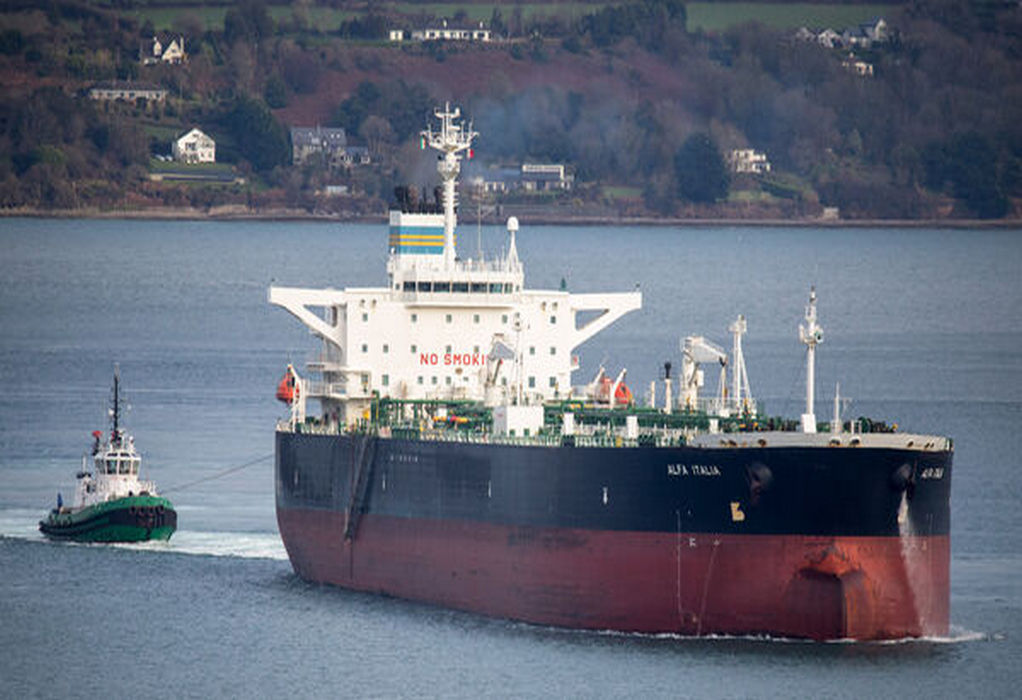The shipping industry is starting to feel the full force of surging diesel and petrol costs.
Ship fuel can be made from some of the same ingredients that refiners can also put into diesel and petrol. But soaring margins of the latter two fuels are making their production more attractive, resulting in tighter supplies for the maritime sector.
Fuel is shipping’s single biggest expense, so any price surge adds more inflationary pressure to already strained global supply chains. The cost of marine fuel in Rotterdam peaked at the highest since at least late 2019 at the start of the week, up 23% since the beginning of the year.
“It’s one more reason why global commodity prices and inflation are so high,” said Mark Williams, an oil products and refining analyst at Wood Mackenzie.
Much of the price increase in ship fuel has been due to a rally in crude oil, which is used to make most marine fuel. Rules implemented in 2020 forcing shippers to burn much lower-sulfur product have also helped push up costs.
But in Europe, the price of marine fuel — known as very low-sulphur fuel oil, or Vlsfo — has climbed much quicker than crude. That’s because of tight supplies which are, in part, due to the region’s strong diesel market, according to Mr Williams.
Source: https://www.irishexaminer.com/
Tags: Marine Fuel, Petrol Costs, Shipping Industry, VLSFO, Wood Mackenzie



Recent Posts
ClassNK Advocates Speed Gap Monitoring to Optimize Fuel Efficiency in Heavy Weather
Wärtsilä’s retrofit package for the Corsica Linea ferry Pascal Paoli has resulted in fuel savings of up to 22 percent Corsica Linea
COSCO Shipping Names Second Methanol Dual-Fuel Containership in Yangzhou
Sallaum Lines Takes Delivery of LNG-Powered Car Carrier Ahead of Schedule
UK Government Allocates £30 Million to Advance Clean Maritime Technologies and Support Coastal Communities
Final Indigenous Pollution Control Vessel ‘Samudra Prachet’ Launched by Goa Shipyard for Indian Coast Guard
TSUNEISHI Launches World’s First Methanol Dual-Fuel KAMSARMAX Bulk Carrier in the Philippines
Grimaldi Group Launches Ammonia-Ready Car Carrier Grande Shanghai in China